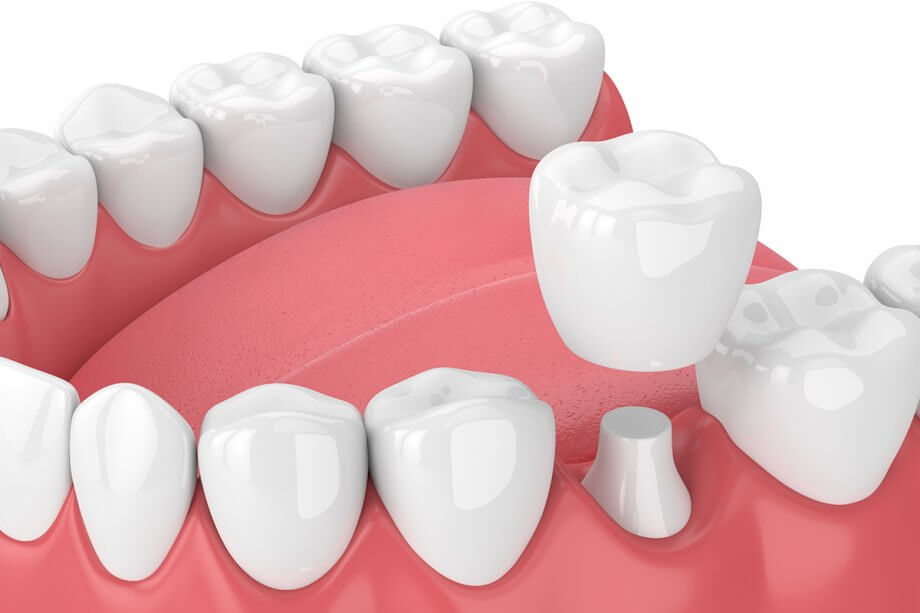A significantly damaged or decaying tooth isn't just unsightly. Attempting to chew, talk, or perform other such basic tasks can be very challenging when a tooth is in such condition. If left undressed, this may result in health issues.
A dentist might consider a range of treatment options in these circumstances. One such option is to conceal the affected tooth with a dental crown. However, a patient may wonder if this is a viable option when there may not be enough tooth surface area remaining to support a crown.
What is a Dental Crown?
A dental crown resembles a natural tooth. It typically consists of one of the following materials:
- Ceramic
- Porcelain fused to metal
- Gold alloy
- Base metal alloy
A dentist can restore a damaged or decaying tooth with a crown by bonding the crown to the surface of the existing tooth. Again, though, a patient may not know if such a treatment is possible if the affected tooth doesn't have enough surface area for the bonding process.
When a Tooth Isn’t Large Enough for a Dental Crown
Patients should know that dentists typically only recommend dental crowns when a filling isn't a practical treatment because too much of a tooth has already deteriorated. Thus, to some extent, dental crowns are specifically for patients whose damaged or decaying teeth may be relatively small.
That doesn't mean a tooth is always large enough to support the crown. When determining whether a patient is a good candidate for dental crown, a dentist may account for:
- Whether the remaining surface area of a tooth is large enough for the dentist to properly attach the crown
- Whether the remaining tooth structure is strong enough to support a crown
In some instances, even if a tooth lacks the surface area necessary for a dentist to bond a dental crown with it, a dentist may be able to essentially add to the surface area of a tooth by applying a composite resin. Your dentist can explain in greater detail whether this may be an option for you.
Other Options
Remember, a dental crown isn't necessarily the only option available to a patient whose tooth is substantially decayed or damaged. Your dentist might discuss other options with you, such as implants or bridges.
In any case, seeing a dentist sooner rather than later when your tooth is showing signs of damage or decay is essential. The sooner you receive care, the better the odds that enough of the tooth will remain to support a dental crown.
Learn More About Dental Crowns in Brunswick, OH
At Bellissimi Dental, we’d be happy to answer any questions you may have about dental crowns. Contact us online today or call us at 330-741-3334 to request an appointment.

